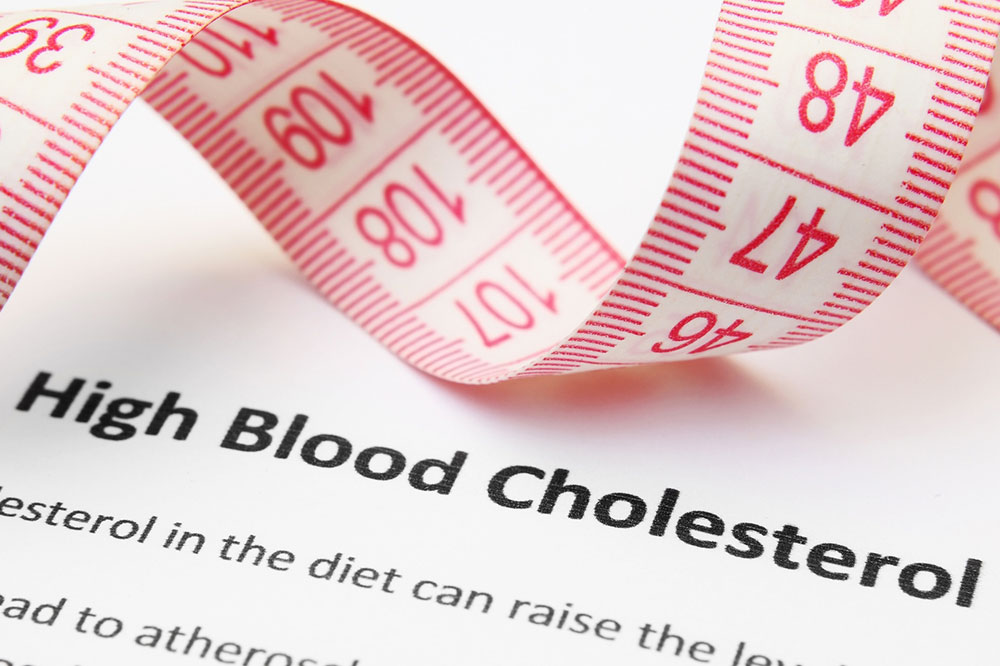Comprehensive Guide to Managing and Lowering High Cholesterol for Better Heart Health
This comprehensive article explores the importance of managing high cholesterol, including its causes, risks, and effective strategies such as lifestyle changes and medications. Learn how to maintain healthy cholesterol levels for better heart health and prevention of cardiovascular diseases through diet, exercise, and regular screenings.

Comprehensive Guide to Managing and Lowering High Cholesterol for Better Heart Health
Cholesterol, a waxy, fat-like substance, plays a crucial role in our body's functioning. It is an essential building block for hormones like estrogen, testosterone, and cortisol, as well as vitamin D synthesis. Our liver naturally produces enough cholesterol to meet these needs, but dietary sources—especially foods high in saturated fats and trans fats—can significantly raise blood cholesterol levels. When these levels are elevated, they can lead to the formation of fatty deposits in the walls of arteries, a condition known as atherosclerosis, which significantly increases the risk of cardiovascular diseases. Understanding how cholesterol works and the factors that influence its levels is vital for maintaining heart health and preventing severe conditions such as heart attacks, strokes, and peripheral artery disease.
Many people with high cholesterol do not experience any obvious symptoms, making it a silent but dangerous condition. Routine blood tests are essential to monitor cholesterol levels and assess overall cardiovascular risk. Elevated levels of low-density lipoprotein (LDL), commonly known as 'bad cholesterol,' can cause fatty buildups in arteries, leading to blockages that restrict blood flow. Conversely, high levels of high-density lipoprotein (HDL), or 'good cholesterol,' help remove excess cholesterol from the bloodstream, providing a protective effect. Lifestyle habits play a pivotal role here—improper diet, lack of physical activity, smoking, and excessive alcohol consumption all contribute to high cholesterol. Recognizing these factors and managing them effectively is key to preventing cardiovascular conditions.
Genetics can also influence an individual's cholesterol levels. Some people inherit familial hypercholesterolemia, a genetic disorder characterized by high LDL levels from a young age, increasing their risk of early heart disease. Other risk factors include obesity, poor dietary choices rich in saturated fats, sedentary lifestyles, tobacco use, and unmanaged conditions like diabetes and hypertension. Indicators such as xanthomas (fatty deposits under the skin), obesity, insulin resistance, and even impotence in men can be signs of abnormal cholesterol levels that warrant medical attention.
Effective management of high cholesterol involves a combination of lifestyle modifications and, when necessary, medication. A heart-healthy diet centered around fruits, vegetables, whole grains, lean proteins, and healthy fats (such as omega-3 fatty acids) can significantly lower LDL levels. Regular physical activity—at least 150 minutes of moderate exercise per week—helps raise HDL levels and promote overall cardiovascular health. Quitting smoking reduces arterial damage and improves cholesterol profiles. For some individuals, lifestyle changes alone may not be sufficient; in such cases, healthcare providers may prescribe statins or other cholesterol-lowering medications to achieve desired levels and reduce risk. Regular medical check-ups and cholesterol screenings enable early detection and timely interventions, ultimately preventing serious complications.
In addition to lifestyle and medication, managing factors like stress and ensuring adequate sleep are important for maintaining healthy cholesterol levels. Monitoring blood pressure and blood sugar levels is also essential, as these interrelated conditions compound cardiovascular risk. Patient education on recognizing symptoms of cardiovascular events, such as chest pain or sudden weakness, is crucial for timely medical response. Preventive strategies focus on holistic health, emphasizing not only cholesterol control but also maintaining a balanced lifestyle that fosters overall well-being. By proactively managing cholesterol, individuals can significantly lower their risk of heart disease, improve quality of life, and enjoy a healthier future.





